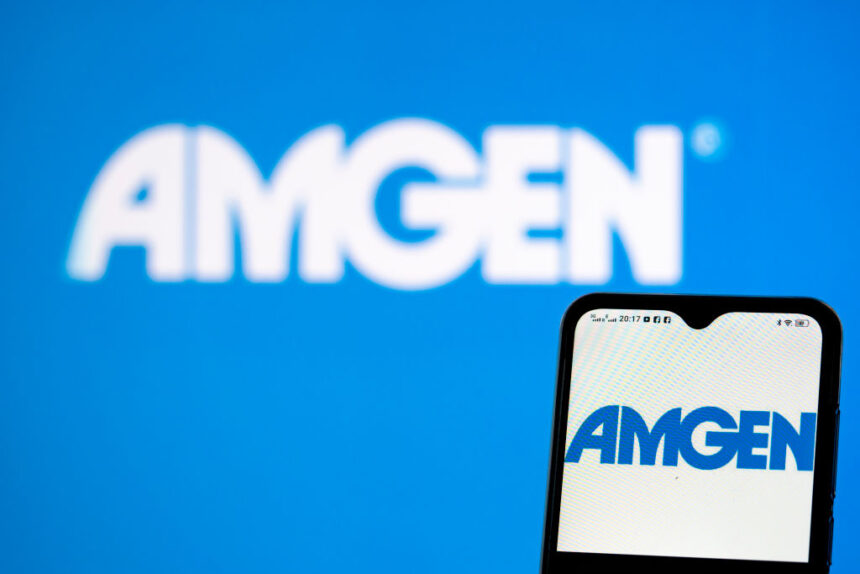Amgen launched a network of oncology experts Wednesday, aimed at fostering collaboration across academic and industry centers to advance new cancer treatments.
Eight institutions across the globe will make up the network, dubbed Amgen Partners of Choices. Those medical stalwarts include the Dana-Farber Cancer Institute in Boston, Gustave Roussy in Paris, Memorial Sloan Kettering Cancer Center in New York and Asan Medical Center in Seoul, among others.
Current projects in the collaboration focus on several tumor types and disease areas, Amgen said, including thoracic and gastrointestinal cancers, as well as genitourinary cancers. The wide-ranging network will hold scientific summits twice a year focused on improving clinical trials and touching on new cancer trends and topics.
The next meeting will take place virtually later this year.
Jean-Charles Soria, SVP of research and development at Amgen, noted in a statement that the pharma company is pursuing a “big goal” to make profound differences in changing the standard of cancer care as part of the collaboration.
“Through Amgen Partners of Choice, we hope to foster earlier, deeper and more frequent academic collaboration to fuel quicker progress for patients facing complex, difficult-to-treat cancers,” Soria said.
Amgen’s oncology unit has been active in recent months with expanding its outreach to patients and fostering a more community-based approach to cancer care.
Earlier in the summer, Amgen Oncology rolled out an eight-video series that chronicles patients’ experiences with cancer, dubbed Patient Points of View.
Amgen rolled out the series in conjunction with the unveiling of data from its CodeBreaK clinical trial program at the American Society of Clinical Oncology Annual Meeting in early June. That study found that Amgen’s oncology drug Lumakras was effective in treating advanced non-small cell lung cancer and metastatic colorectal cancer.
The announcement of the new network also comes shortly after the Federal Trade Commission (FTC) allowed Amgen to move forward with its well-publicized $27.8 billion acquisition of Horizon Therapeutics – with some stipulations.
The settlement prevents Amgen from “bundling” two of Horizon’s popular drugs, Tepezza and Krystexxa. It also requires Amgen to seek approval from the FTC if it wanted to acquire therapies that treat the same diseases that Tepezza and Krystexxa do. Still, the acquisition is Amgen’s biggest to date.
For a February 2024 article on Amgen detailing its rare disease ambitions following its Horizon acquisition, click here.







